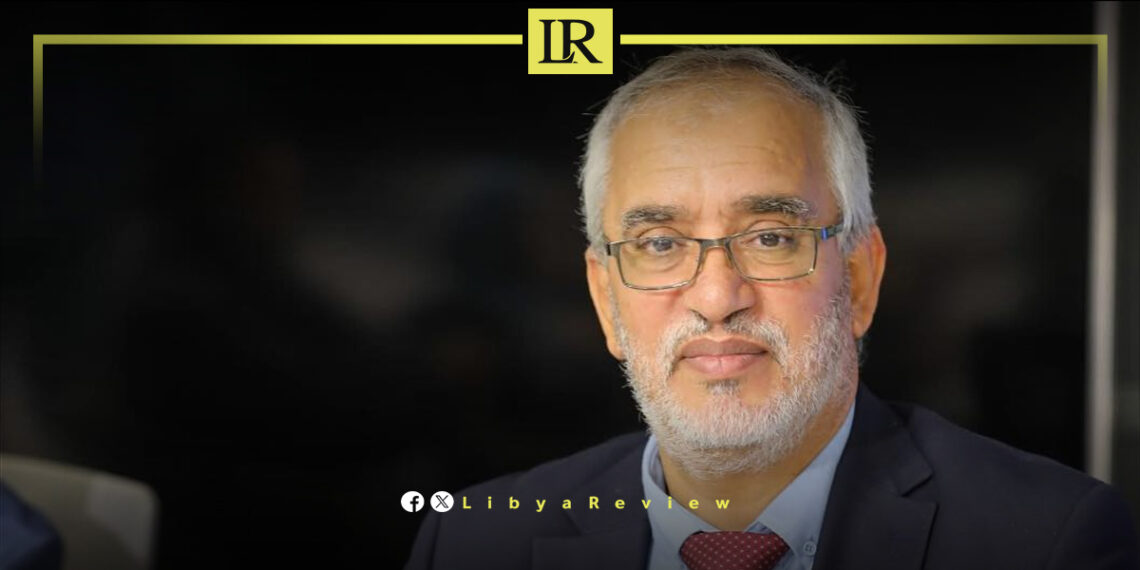Mohamed Saad Mbarek, head of the Democratic Civil Party, has emphasised that the solution to Libya’s crisis lies solely in the hands of Libyans and not with external actors.
In a Facebook post, Mbarek stated that Libya’s deep-rooted ties with Africa go beyond its membership in the African Union—a key political body—but are also reflected in the ongoing support and concern of African nations for Libya’s stability.
However, he clarified that while external efforts may contribute to solutions, they cannot create them, as the resolution must come through Libyan political will, unity, and an end to division. He also warned that foreign interference, especially from permanent UN Security Council members, has further complicated Libya’s political crisis.
Mbarek urged Libyans to recognise the dangers of continued external interventions, particularly in a time of global geopolitical shifts, warning that Libya risks becoming a battleground for proxy conflicts if these challenges are not addressed internally.
Libya has been in chaos since a NATO-backed uprising toppled longtime leader Muammar Gaddafi in 2011. The county has for years been split between rival administrations.
Libya’s economy, heavily reliant on oil, has suffered due to the ongoing conflict. The instability has led to fluctuations in oil production and prices, impacting the global oil market and Libya’s economy.
The conflict has led to a significant humanitarian crisis in Libya, with thousands of people killed, and many more displaced. Migrants and refugees using Libya as a transit point to Europe have also faced dire conditions.
The planned elections for December 2021 were delayed due to disagreements over election laws and the eligibility of certain candidates. This delay has raised concerns about the feasibility of a peaceful political transition.
Despite the ceasefire, security remains a significant concern with sporadic fighting and the presence of mercenaries and foreign fighters. The unification of the military and the removal of foreign forces are crucial challenges.


